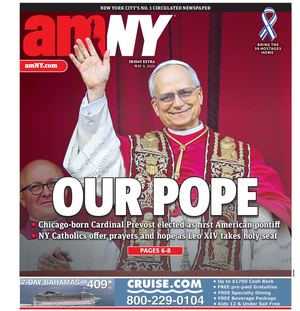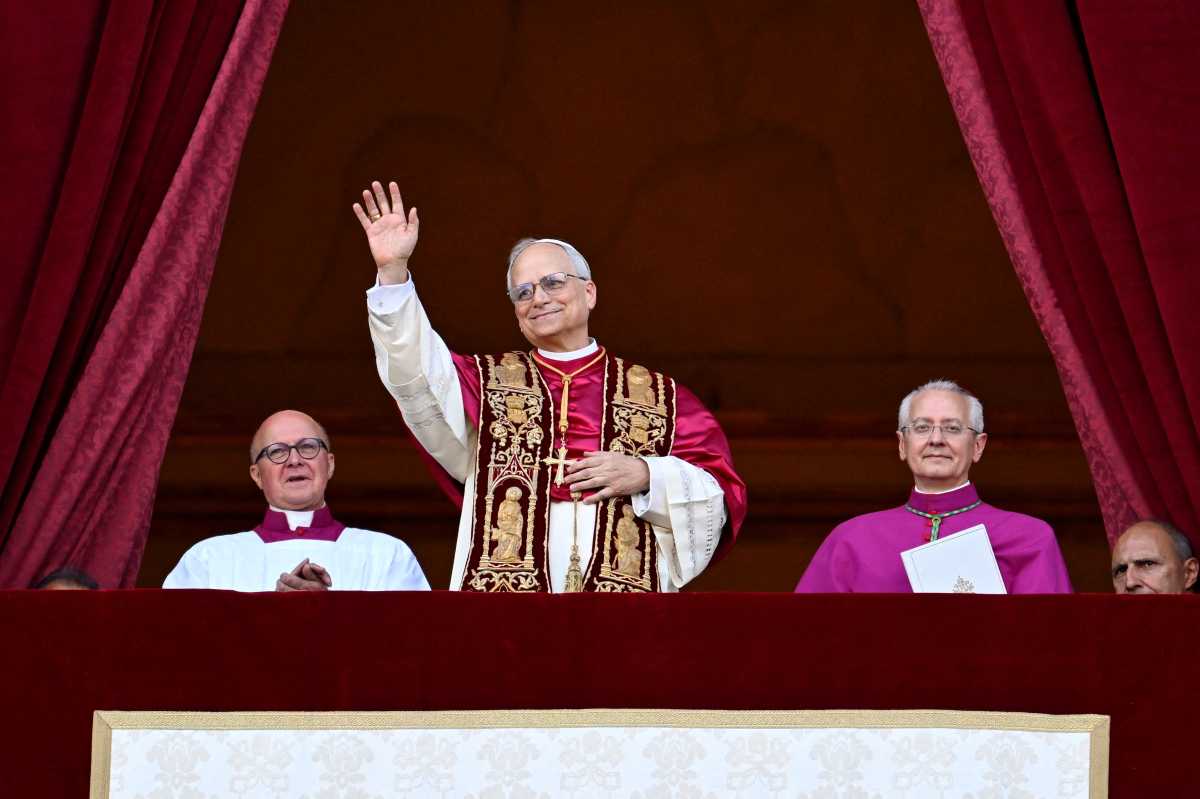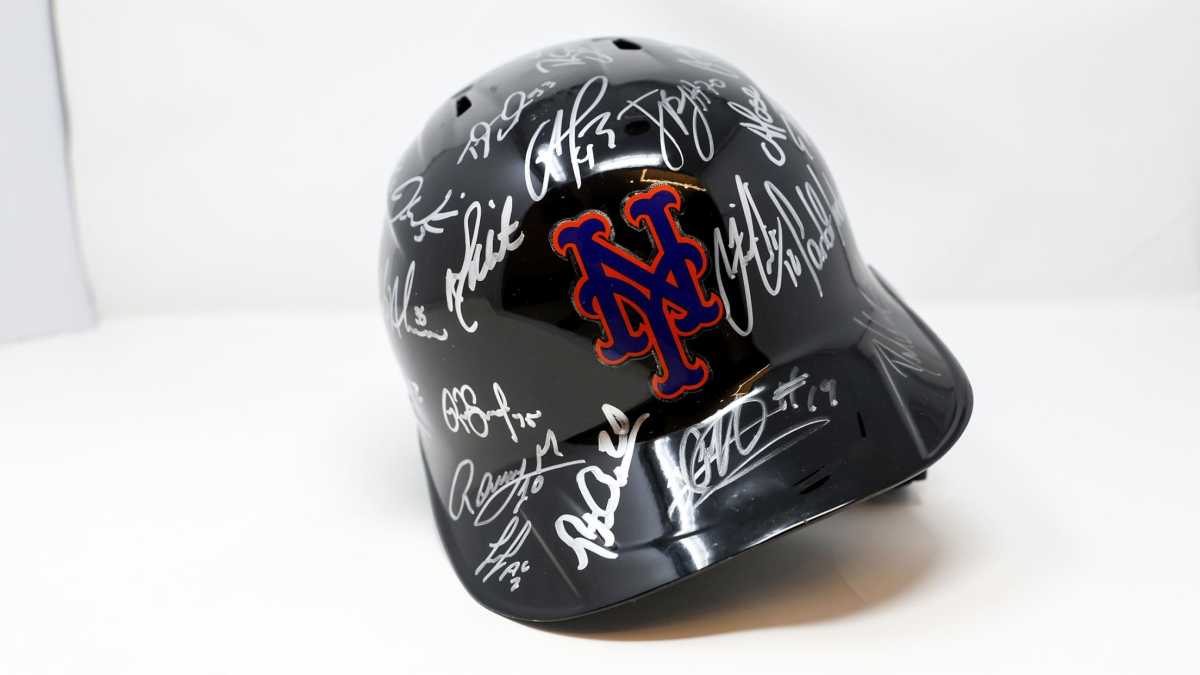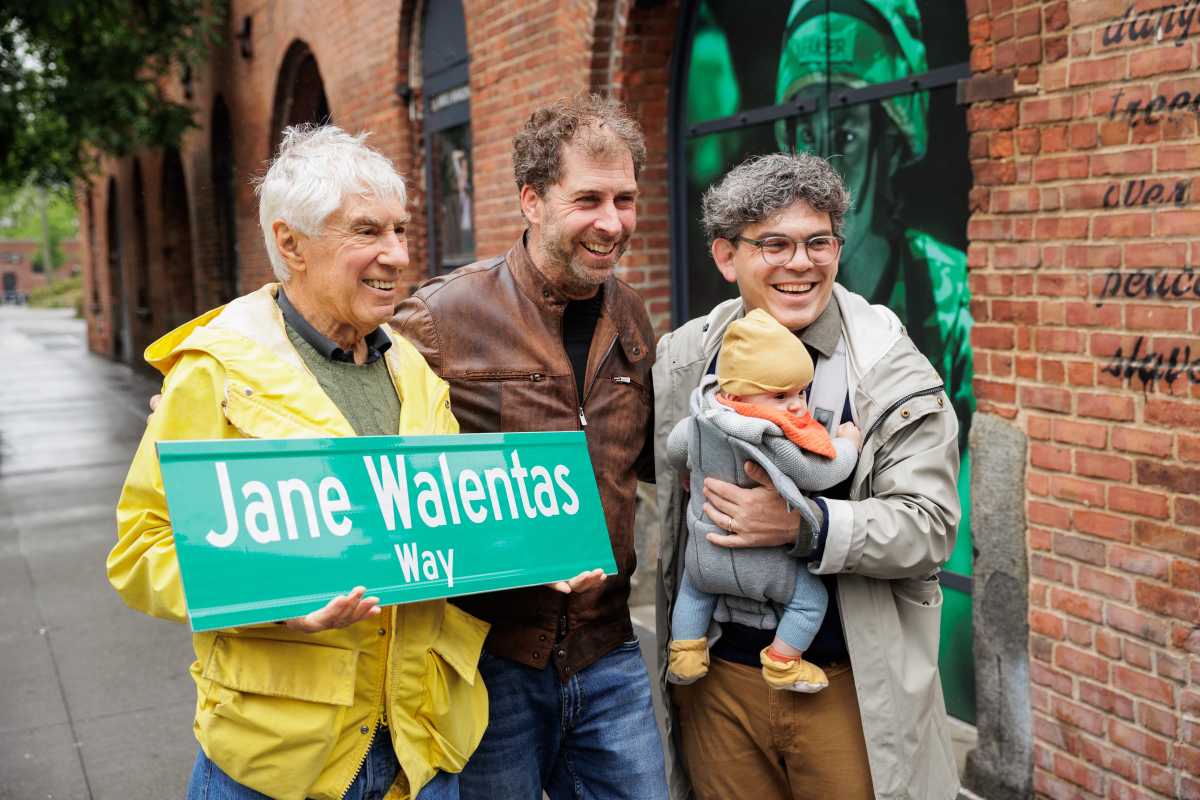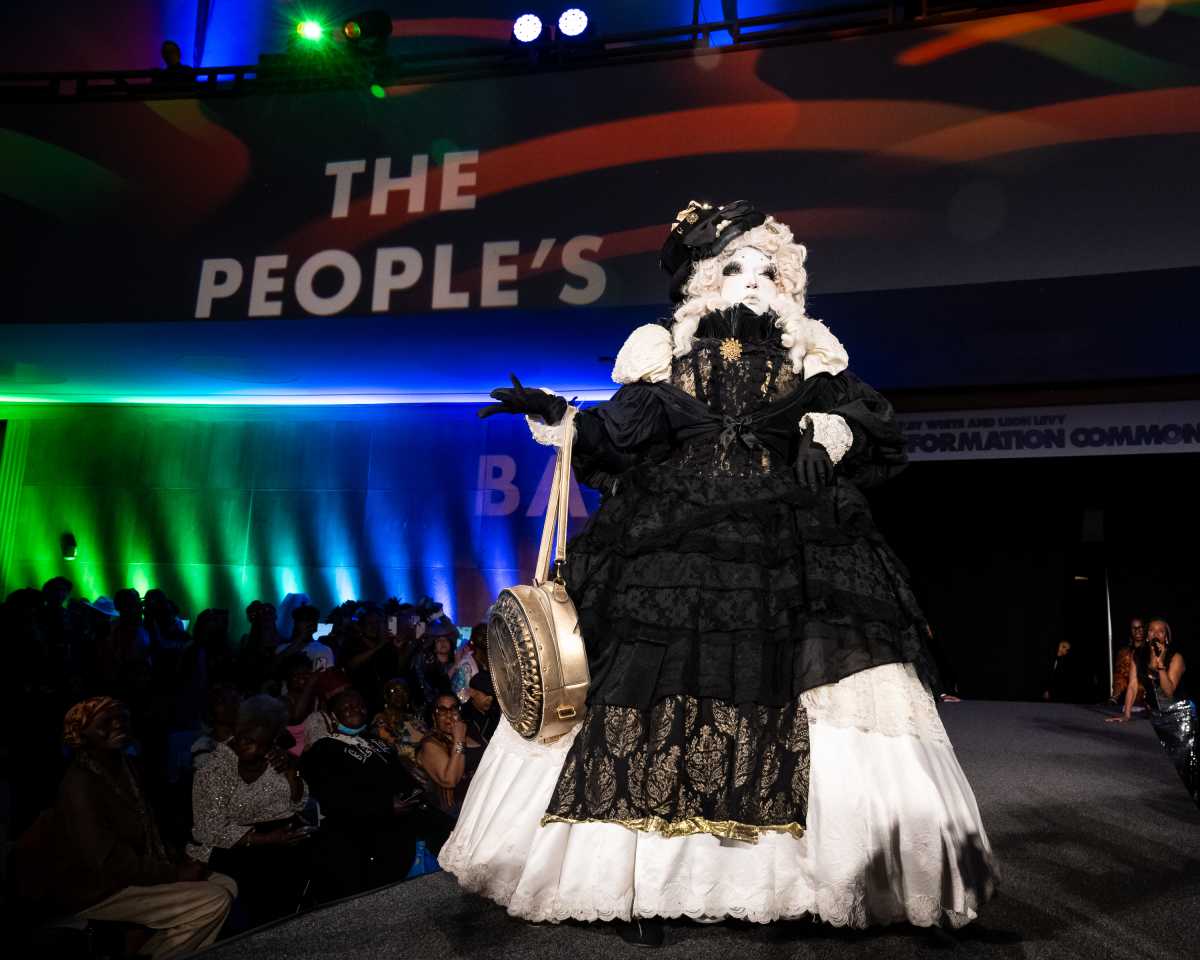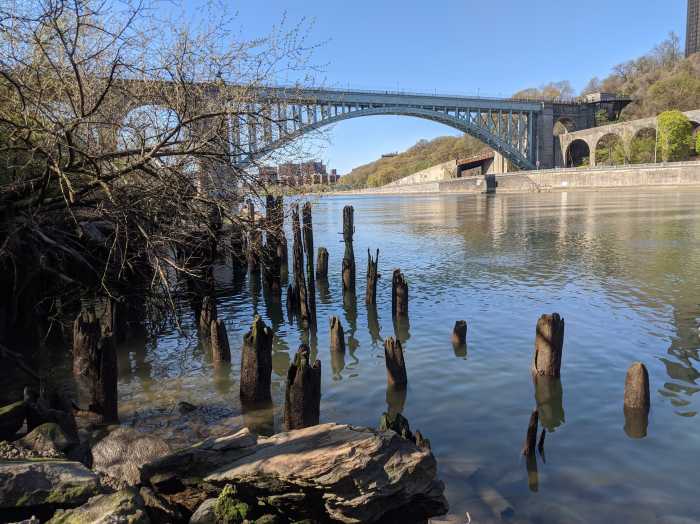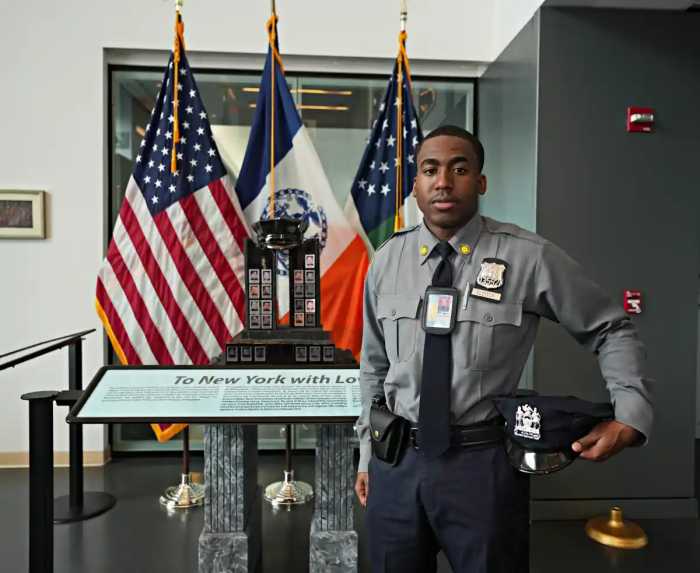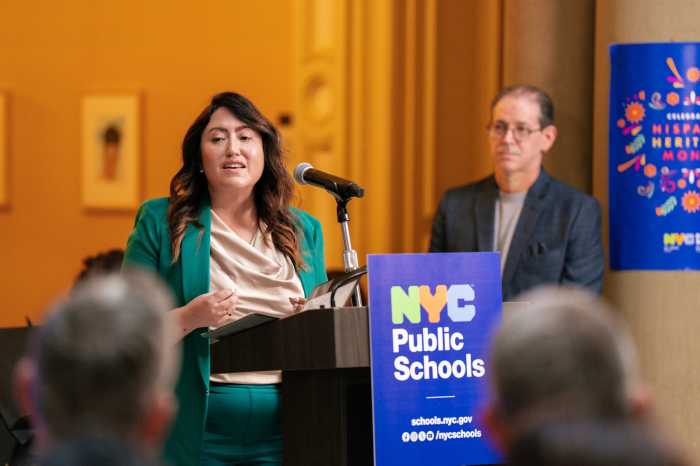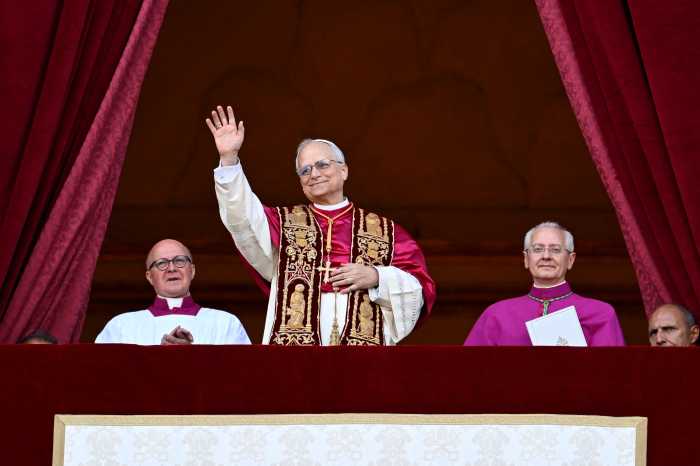By Ronda Kaysen
New York Waterway agreed to pay $1.2 million to settle a civil suit claiming it over-billed the United States government for ferrying commuters to and from Lower Manhattan in the wake of 9/11.
The Port Authority of New York and New Jersey contracted Waterway to run ferry service from New Jersey to ports in Lower Manhattan after the World Trade Center PATH station was destroyed in 2001.
The suit alleges that Waterway, at one time the largest ferry operator on the Hudson River, inflated its profit margin and costs and submitted false bills for costs it never incurred and charter boats it never used.
“Federal 9/11 funds were allocated to help the city recover and build anew,” Michael Garcia, U.S. Attorney for the Southern District of New York, said in a statement. “This office is committed to recouping those funds from any company that took more than its fair share of profit from business it did as a result of those tragic events.”
Waterway maintains it did no wrongdoing and describes the suit as simply a billing dispute. “We strongly deny any and all allegations with respect to these billing issues,” Waterway president and founder Arthur Imperatore said in a statement. “I am certain that we conducted ourselves honestly and with integrity in all of our dealings with the government in those distressing times.”
The company chose to settle rather than litigate for financial reasons, said Imperatore. “It would not be fruitful for us to respond to each allegation of the government’s complaint, which we had been prepared to contest vigorously,” he continued in the statement. “We want to put this issue behind us.”
The settlement, however, hints at possible criminal or administrative charges to come.
When the Port hired Waterway, it agreed to pay the company according to the same profit margin it had earned before Sept. 11, 2001. Imperatore’s son, Arthur Imperatore, Jr., was president of the firm immediately before and after 9/11. The suit alleges the company inflated its profit margin — 20 percent — to increase payment. It also alleges that the company inflated its incremental costs, and based on the inflated costs for payroll, benefits, fuel, maintenance and docking, it inflated what it charged the Port for those costs. It charged the Port $55.47 per hour for incremental costs solely associated with replicating PATH service. The amount, however, “was almost identical to the total global costs incurred by N.Y. Waterway for all its business endeavors prior to the terrorist attacks,” the suit alleges.
It also alleges that the company submitted false bills to the Port for costs and charter boat expenses it never occurred. The company was reimbursed based on the bills it submitted. At the time, Waterway earned about $1.74 million a month in subsidies from the Port and the Federal Emergency Management Agency.
In one instance, according to the suit, Waterway rented a boat from Seastreak America for $4,000 a day. On 13 separate Friday afternoons, Waterway returned the boat in the afternoon so Seastreak could ferry passengers to and from Yankee Stadium for Yankee games. Waterway only paid Seastreak $2,000 on those days, but billed the Port for a full day’s use. The Department of Homeland Security paid Waterway for 13 full days of use.
“D.H.S. would not have paid the full amount if it had known that in fact N.Y. Waterway had paid less for the use of the Seastreak Brooklyn,” the suit alleges.
This is the second suit Waterway has settled with government officials for post-9/11 ferry service. In 2004, the company agreed to pay the city $800,000 to settle a dispute about landing fees at Pier 11 on the East River near Wall St. In that suit, the city’s comptroller’s office found that the city had not collected fees from several ferry services, including Waterway. Most of the other operators paid the bill, but Waterway contested the more than $1 million bill. In the end, the company settled.
Waterway suffered financial setbacks when Downtown PATH service was restored at the end of 2003. In 2004, the company sold off some routes to BillyBey Ferry, a company owned by William Wachtel. This summer, Wachtel began running Waterway routes from Pier A, an historic pier that has laid in disrepair for years.
Ronda@DowntownExpress.com
WWW Downtown Express
